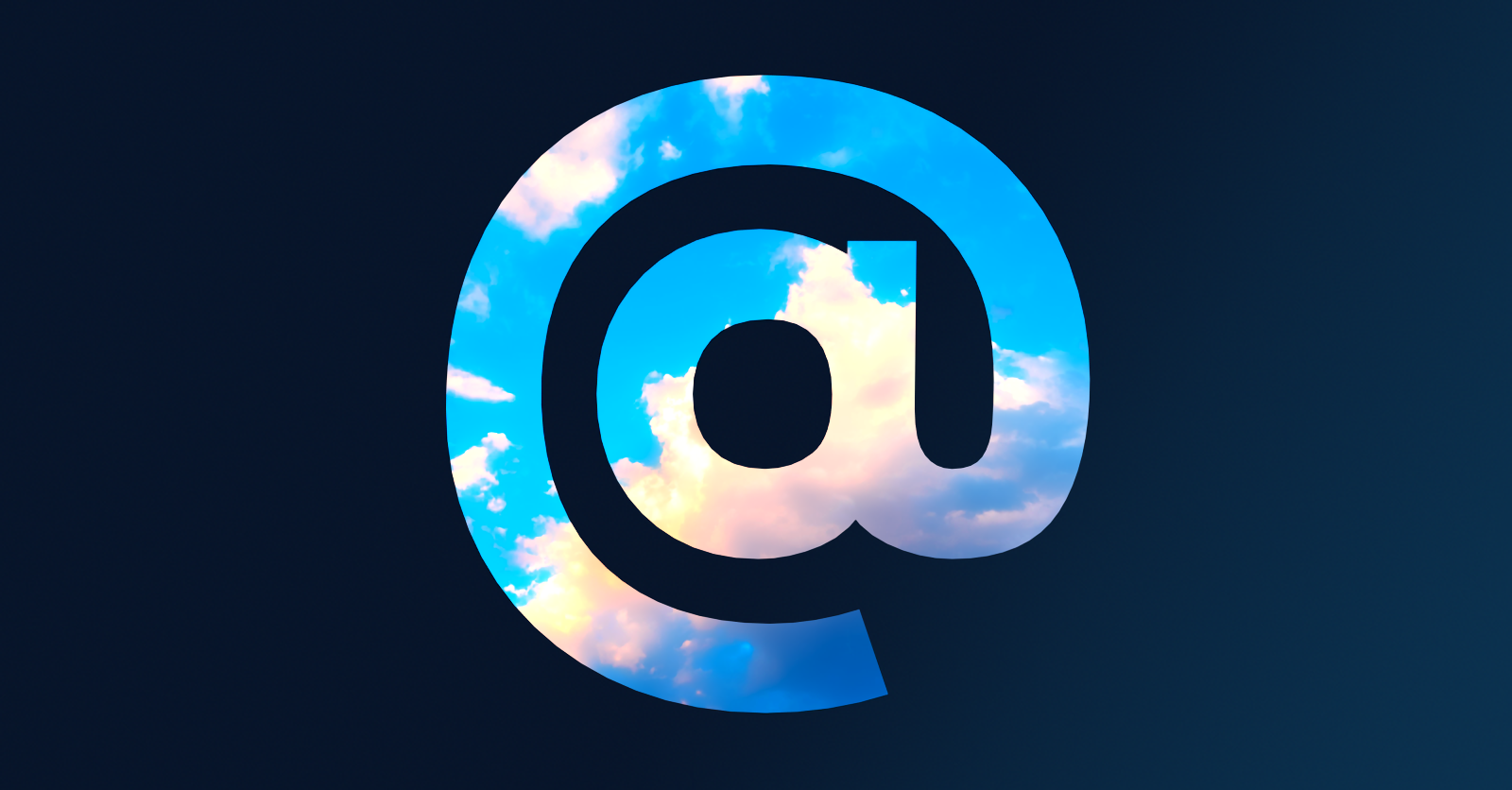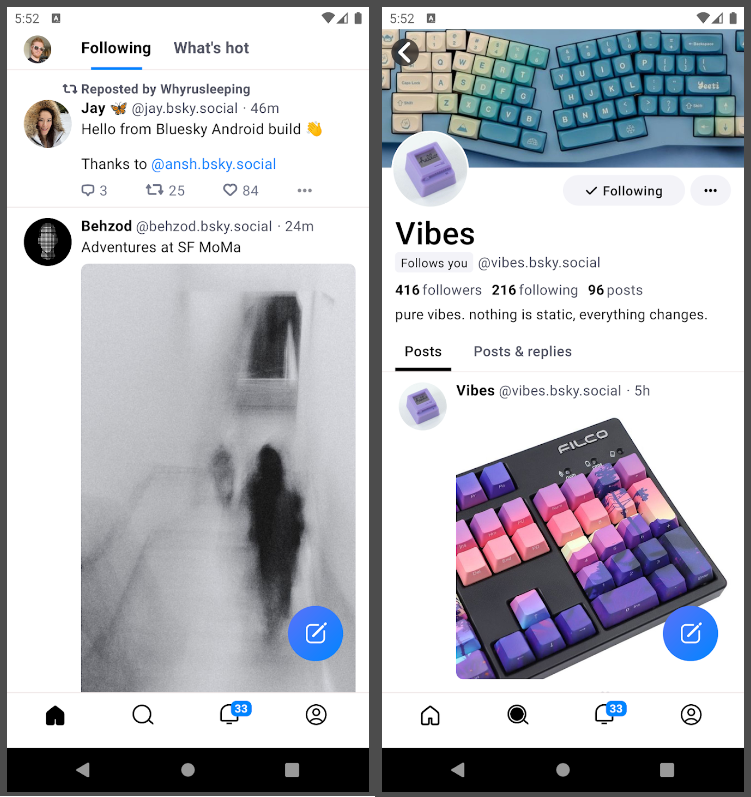Since his departure from Twitter in late 2021, co-founder Jack Dorsey has been working on an alternative to the microblogging site, now owned by eccentric billionaire Elon Musk. Bluesky was initially rolled out to iOS devices in February, and it's now finally come to Android.
If you plan to download the app and post updates about your dislike of Twitter, you'll still have to wait. Access to Bluesky is by invitation only, so you must sign up for the waitlist or get an invitation from someone already on it. Either way, there isn’t a whole of action going on there now, as the community is only around 25,000 people. But that could change quickly when more people are allowed in, potentially exploding the user base.
At the time of writing, the Android app, spotted by The Verge, is only listed in the Google Play Store as having more than 5,000 downloads, requires Android 5.0 or higher, and is about 30 megabytes. It has a 265-character limit, which is a lot fewer characters (not to mention easier to digest) than Twitter's recent update of 10,000 characters for Twitter Blue subscribers.
Currently, the decentralized Twitter alternative has some limitations aside from the tiny number of users. You can’t send people direct messages (yet), and some users are not exactly thrilled that it looks and feels like a Twitter ripoff. The decentralized nature of the platform also means your username will look similar to that of Mastodon, where you must join a hosting provider. You and your friends might not be on the same provider, making it somewhat difficult to track down someone.
The biggest drawcard for those that want to break away from Twitter is the composable moderation of Bluesky. Keeping your Twitter feed sanitized is a daily struggle, but Bluesky is combining the automated labeling of centralized social sites with the service-level admin decisions of federated networks. Composable moderation lets users and administrators come up with and share labeling rules to improve the quality of your feed.
The platform’s Jay Graber explained that Bluesky's open, composable labeling system is broken down into three categories. Without needing a personal data server, anyone can define and apply labels to content. Then, third-party services or custom algorithms can automatically generate labels, and finally, any service or person in the network can choose how these labels get used.
If you've been invited to use Bluesky, you can download the app below.


